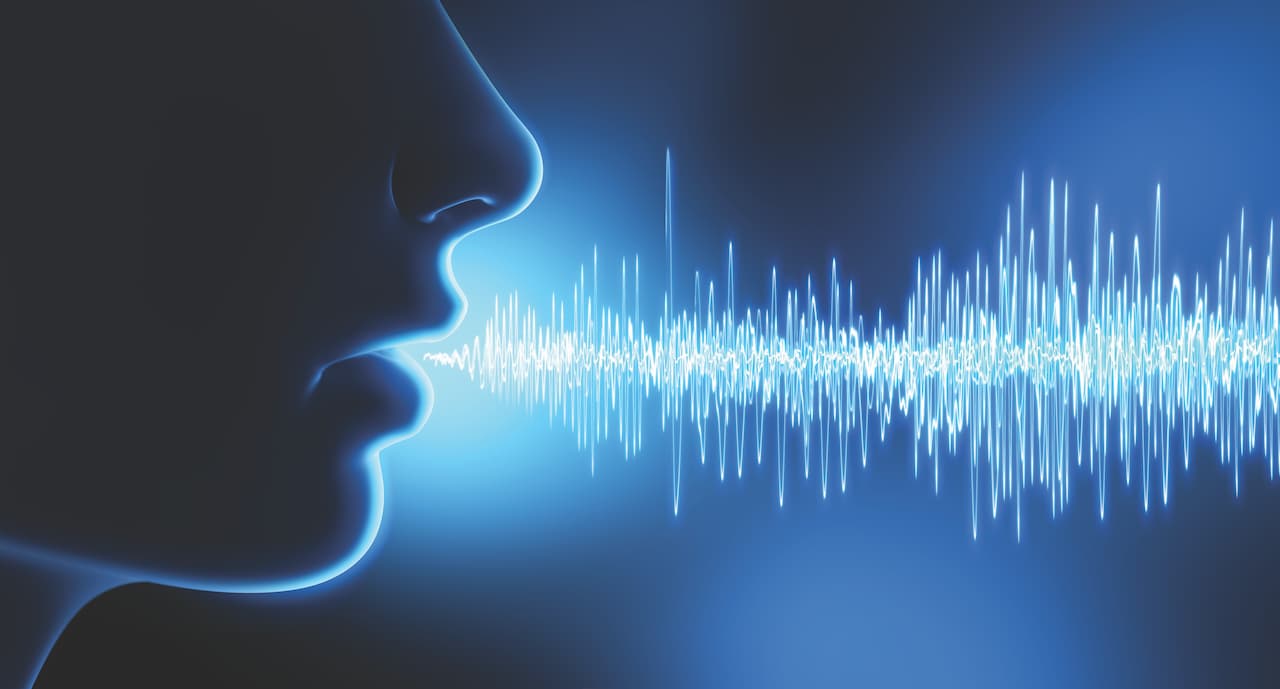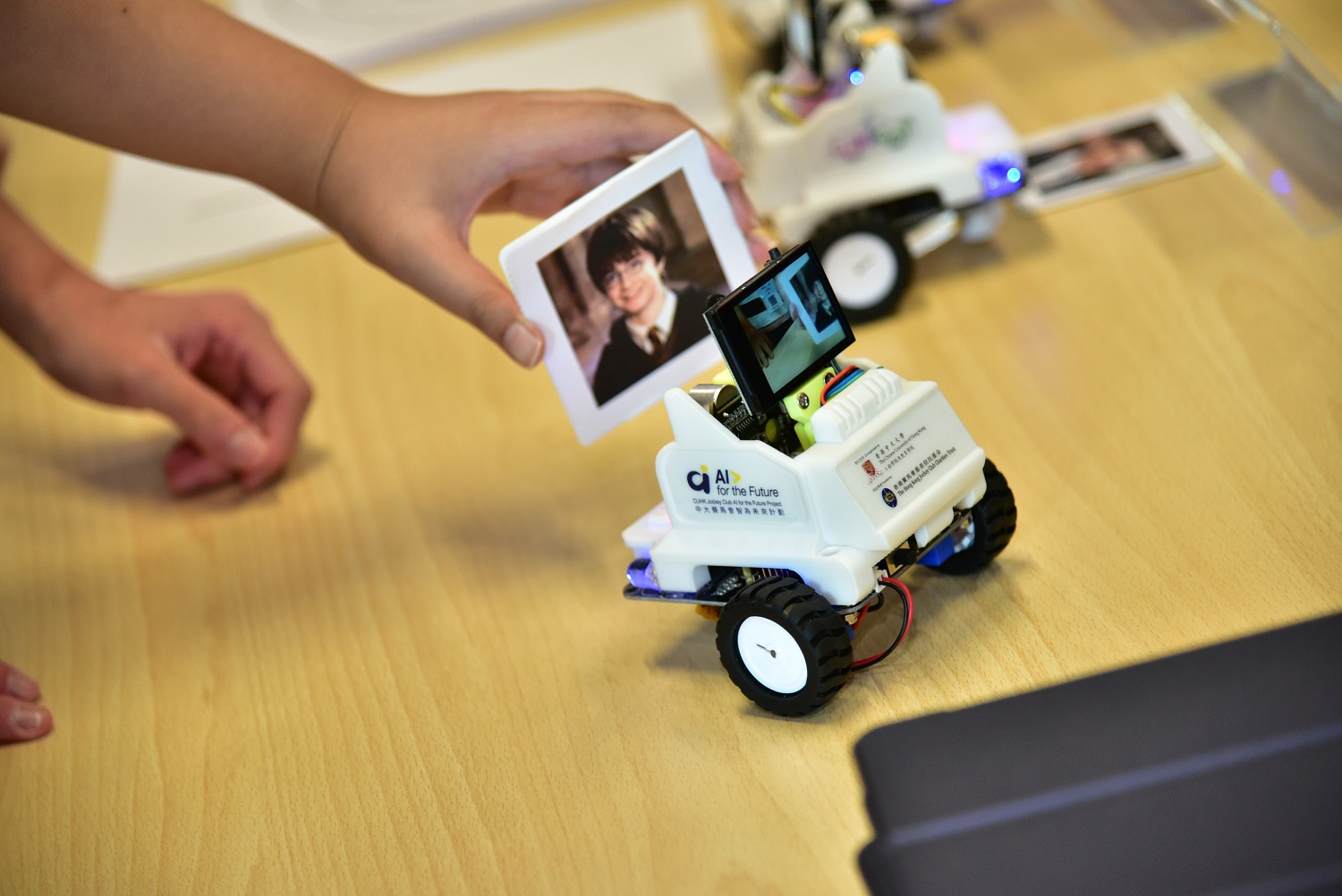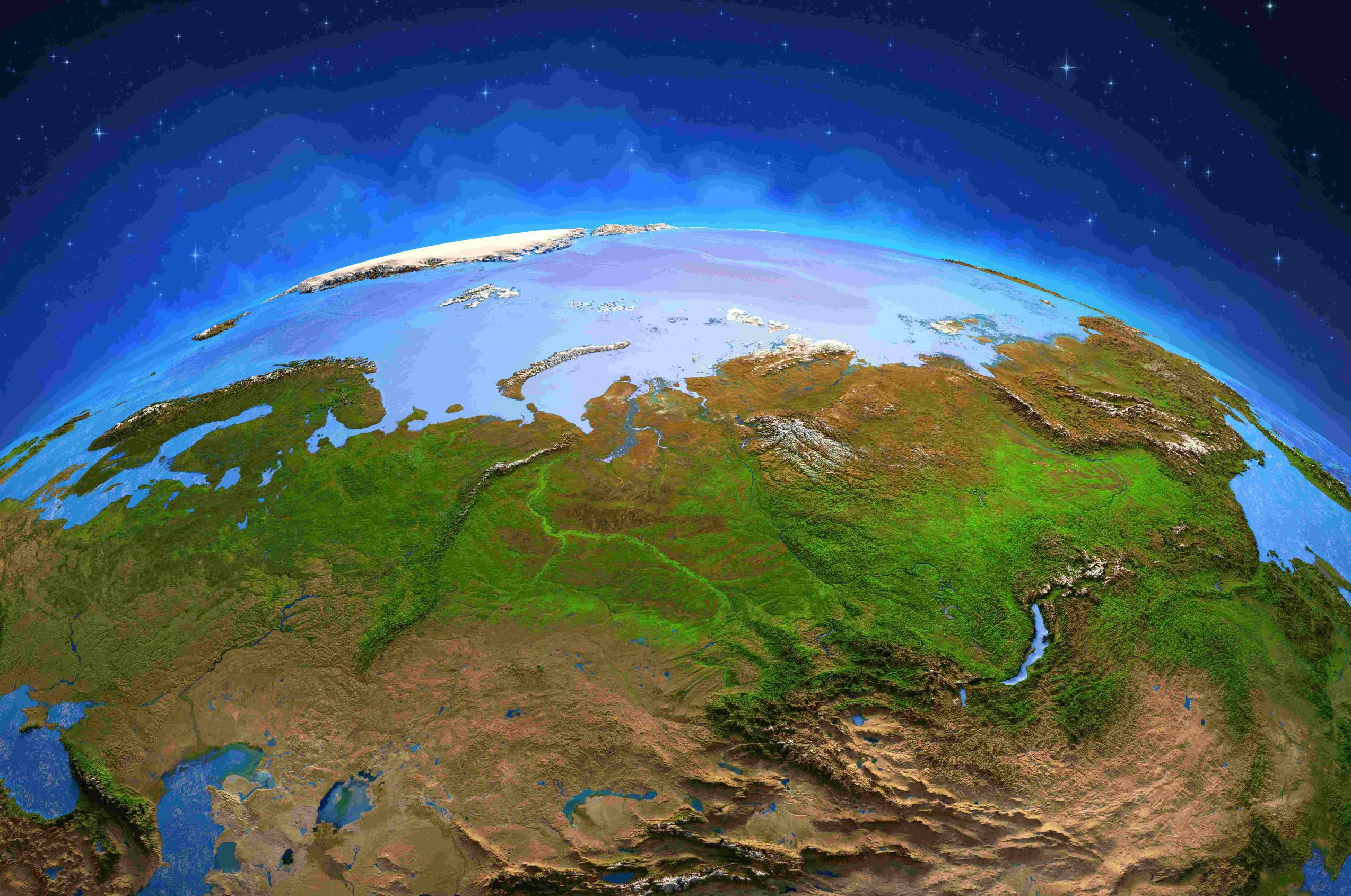English
繁體中文
简体中文

Pipelines are present everywhere in our daily lives – from residential plumbing and oil tanks to power plants and railway systems. Ensuring their safety is essential to prevent leaks and accidents, protect the environment, and ensure reliable delivery of vital resources. CUHK scientists are pushing the boundaries of energy innovation with smart laser sensing and AI-driven gas detection. Their breakthrough technology promises safer, smarter monitoring of oil, natural gas and hydrogen pipelines. With large-scale trials across Hong Kong and mainland China, this project fuels the city’s re-industrialisation and energy ambitions, positioning CUHK at the forefront of sustainable tech and next-generation manufacturing.

Feeling down? Wondering if it is more than just a bad day? Imagine if technology could read your emotions and lend a helping hand. With shortage of psychiatrists challenging the global healthcare systems, it can be hard for depression sufferers to get diagnosed. CUHK researchers have harnessed the power of AI technology to develop two innovative tools that make diagnoses easier and earlier: by utilising a pioneering mobile app and looking into your eyes.

Feeling down? Wondering if it is more than just a bad day? Imagine if technology could read your emotions and lend a helping hand. With shortage of psychiatrists challenging the global healthcare systems, it can be hard for depression sufferers to get diagnosed. CUHK researchers have harnessed the power of AI technology to develop two innovative tools that make diagnoses easier and earlier: by utilising a pioneering mobile app and looking into your eyes.

Two CUHK professors are collaborating on technology solutions for Cantonese speakers in Hong Kong who suffer from dysarthria, which affects the articulation of sounds and words, and have since expanded their research to neurological diseases such as dementia. Their cross-disciplinary research combines multilingual speech processing, artificial intelligence, neuroscience and language learning.

These little white cars might look like toys at first glance. In fact, they are smart cars built with artificial intelligence (AI) features that can track human faces and colours. Developed by a research team from the CUHK Jockey Club AI for the Future Project, the CUHK-JC iCar (iCar) gives students an opportunity to apply AI theory. The iCar is a simple, accessible device where students are in the “driver’s seat” via their ability to assemble with the attached mechanical tools and control the vehicle with simple programming, which gives students a unique way of combining study with play in the classroom.

When one has a mouth but cannot speak, it is a dreadful loss. But now AI can change that destiny. A CUHK Engineering professor has taken AI technology to another level to give a voice to those who are losing the power to communicate, by deploying text-to-speech technology and letting AI learn as much as possible about how one speaks, to preserve verbal identity after disease has taken the voice.

Current technology like satellite remote sensing is sharper and faster than the human eye in studying earth terrain for climate change effects but limited in detecting changes to landscape from massive and vast permafrost thawing. A CUHK geophysicist has developed an AI tool “DeepThaw”, a unique algorithm fed by massive numbers of satellite images to detect destabilised slopes over a wide area automatically to address the risk our cryosphere is facing.